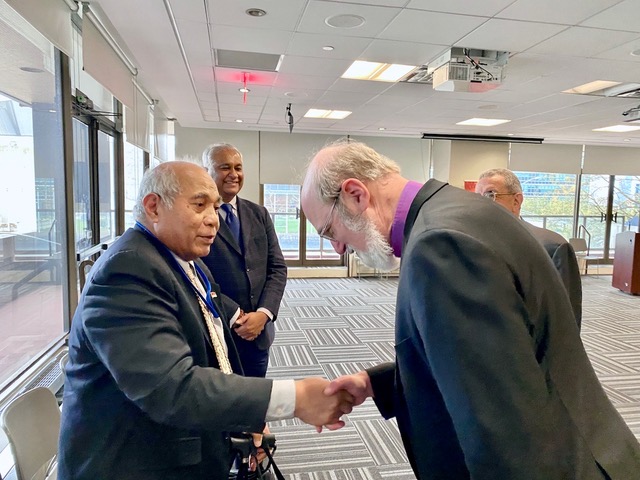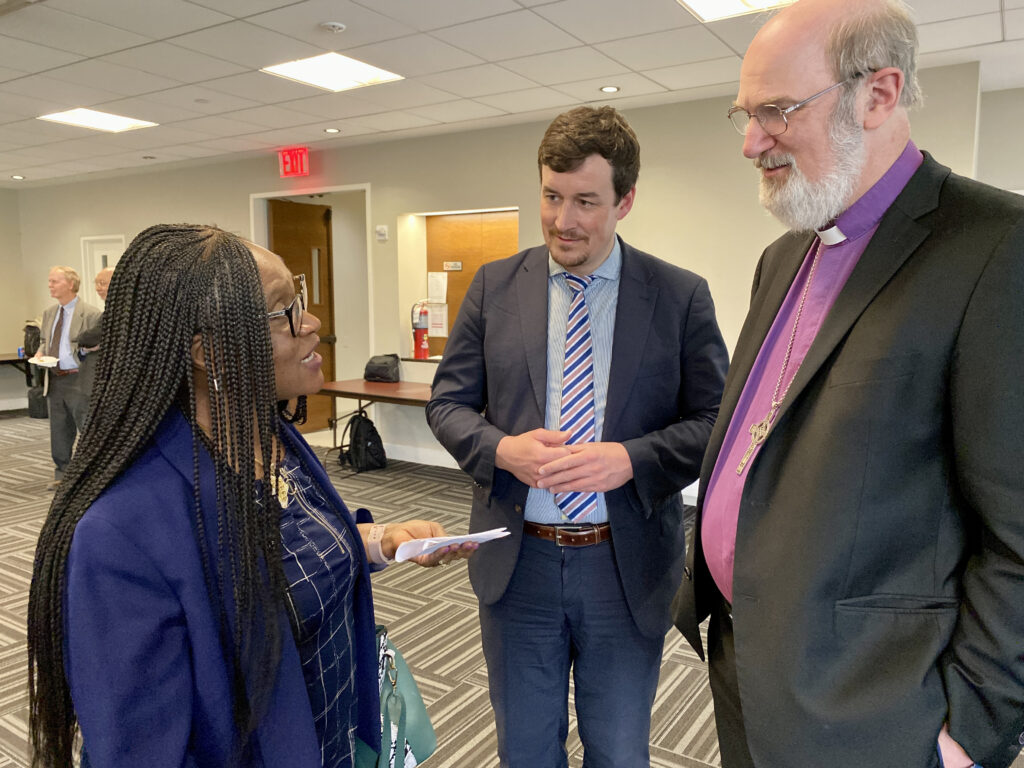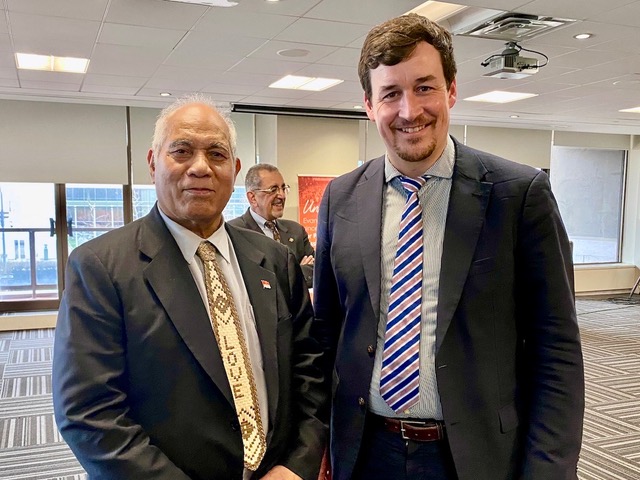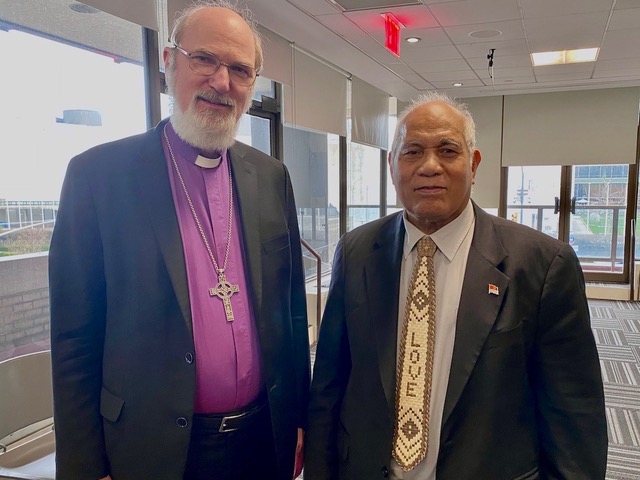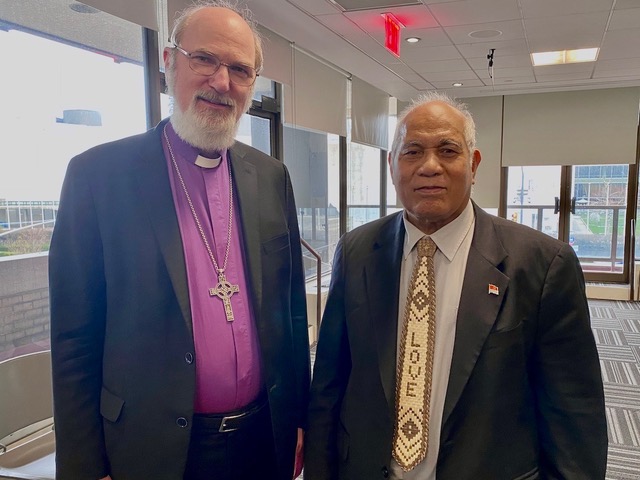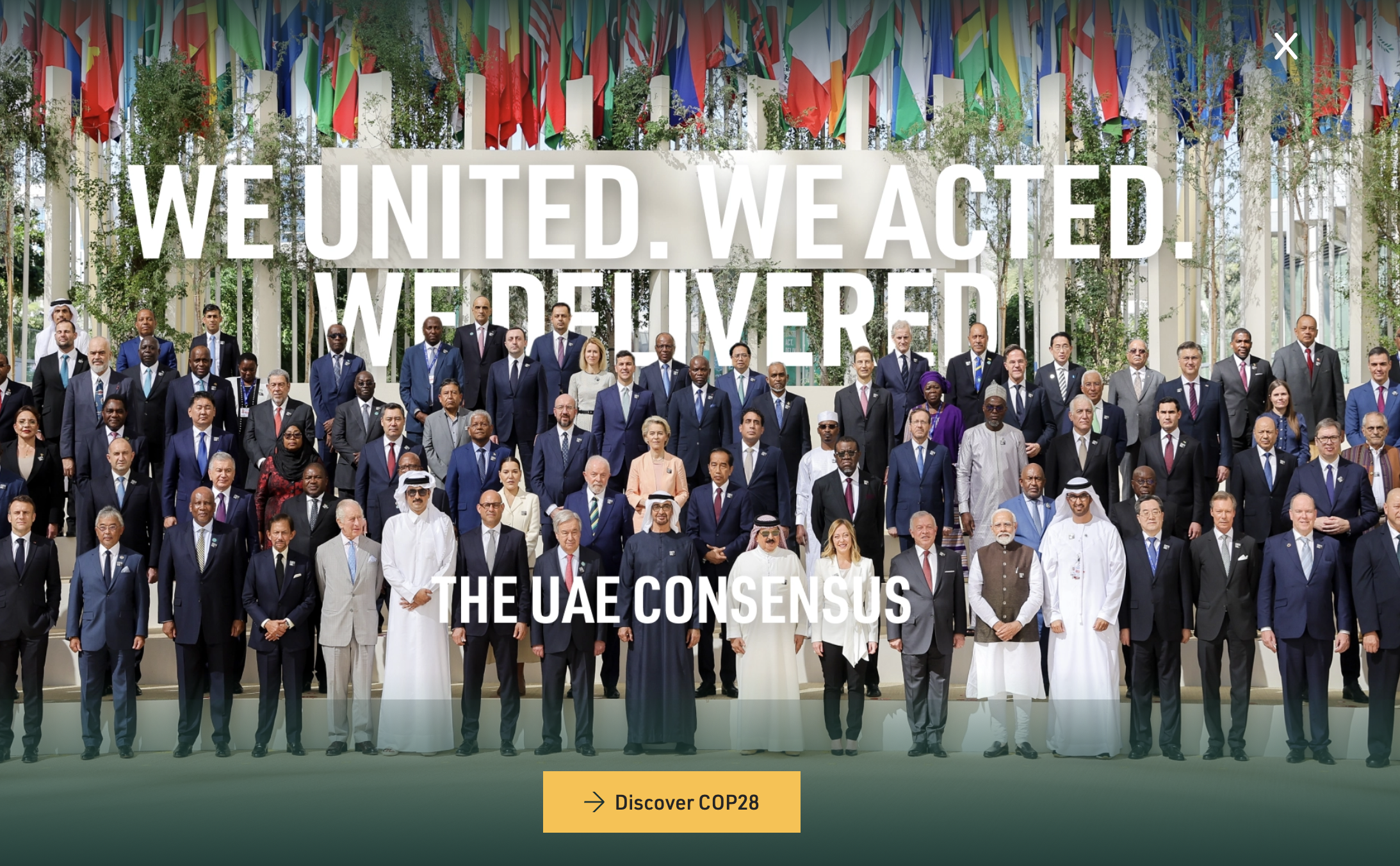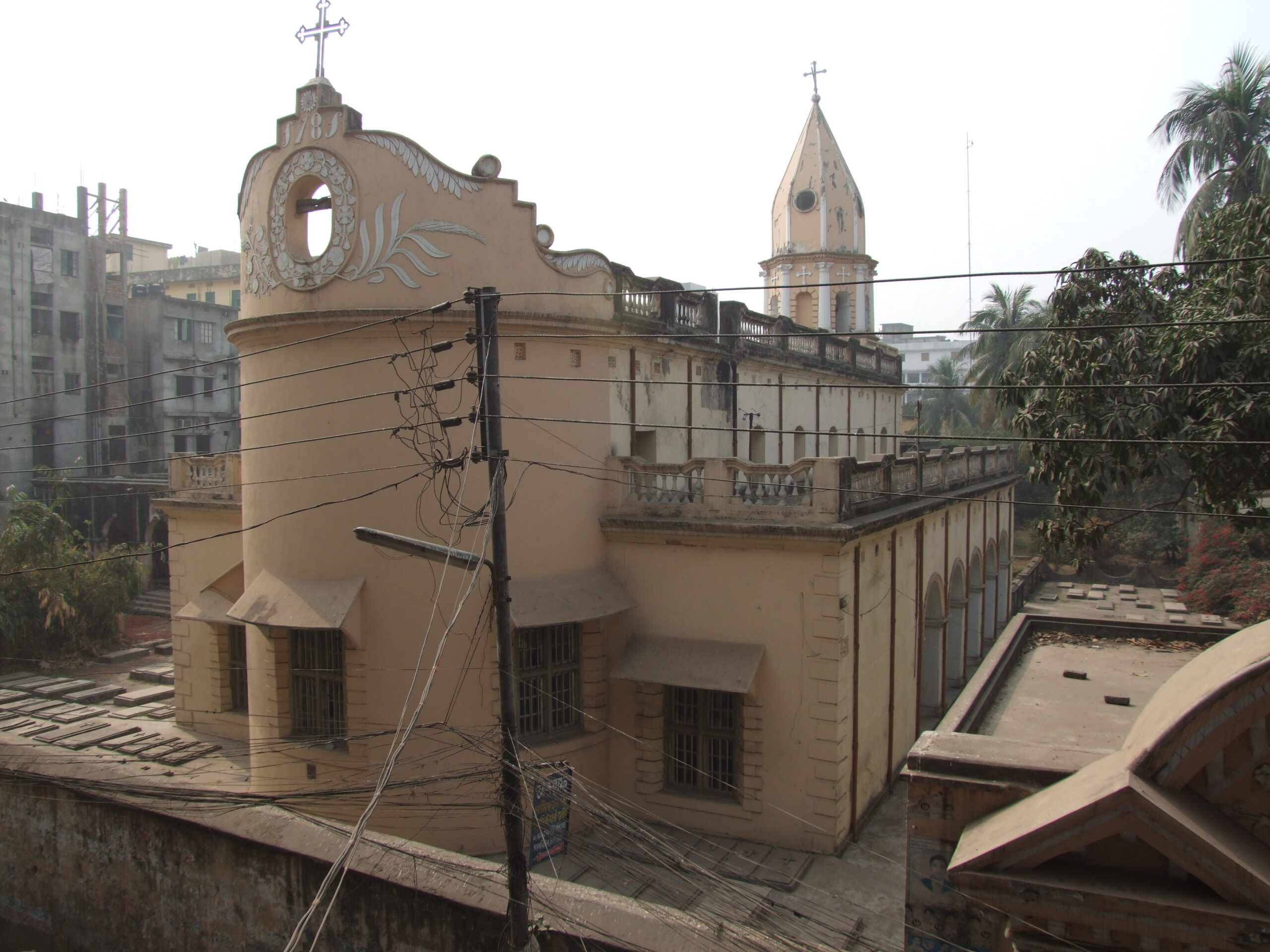The meeting between Teburoto Tito, John Girgis, PR of the WEA to the UN in New York, and Matthias Böhning, PR to the UN in Bonn, took place in the WEA UN office in New York opposite of the UN headquarter.
Teburoro Tito (pronounced Seetoh) is a Kiribati politician who served as President and Foreign Minister of Kiribati from 1994 to 2003. Through his speeches at the UN, his interviews with international media and his active participation in international climate conferences, Tito drew attention to the harmful effects of global warming on his country and other South Pacific island nations. Kiribati is particularly threatened by climate change. According to calculations by the World Bank, the island nation could be largely uninhabitable by 2050 and flooded by 2070 at the latest.
Tito was appointed by President Taneti Maamau as Ambassador to the United States (2018) and Permanent Representative of Kiribati to the United Nations (2017).
The Republic of Kiribati is an island nation in the Pacific Ocean. The national territory covers a large number of islands of Micronesia and Polynesia scattered over a wide area north and south of the equator. Kiribati was formerly part of the British Gilbert and Ellic Islands. Since independence from the United Kingdom in 1979, the anniversary of independence, has been Kiribati’s national holiday. Kiribati remains a member of the Commonwealth of Nations. Kiribati’s atoll Kiritimati (“Christmas Island”) is the first in the world to celebrate New Year’s Day.
According to 2020 government statistics, Christian groups form about 96% of the Kiribati population by census counts, most of whom are either Catholic or members of the new Kiribati Uniting Church (redenominated in 2015) and Kiribati Protestant Church. Members of the Catholic Church are concentrated in the northern islands, while Protestants are the majority in the southern islands.
Missionaries introduced Christianity into the area in the mid-19th century. The Rev. Samuel James Whitmee, of the London Missionary Society, visited the islands in 1870. Missionaries continue to be present and operate freely. The Constitution provides for freedom of religion, and the government generally respects this right. Societal abuses or discrimination based on religious belief or practice occur, but are relatively infrequent.
https://en.wikipedia.org/wiki/Teburoro_Tito
https://en.wikipedia.org/wiki/Kiribati
